Getting Your Nose Pierced? 7 Essential Facts You Should Know
If you're thinking about getting your nose pierced, there are a few things you should know first. This comprehensive guide will cover everything from aftercare to the different types of nose piercings available. By the end, you'll be ready to make a decision about whether or not a nose piercing is right for you.
Here are 7 things you should know:
1. Aftercare Is Crucial
If you want your nose piercing to heal quickly and without complications, it's important to follow the aftercare instructions given to you by your piercer. This usually involves cleaning the piercing twice a day with a saline solution or soap and water, and avoiding makeup, lotions, and other products that could cause irritation.
2. It Will Hurt, But It's Over Quickly
There's no way around it, getting your nose pierced is going to hurt. But the good news is that the pain is only temporary, and the piercing process is over before you know it.
3. You Need to Find a Reputable Piercer
When it comes to getting your nose pierced, it's important to find a reputable piercer who uses sterile needles and jewelry. This will help reduce your risk of infection and other complications.
4. There are Different Types of Nose Piercings
There are a few different types of nose piercings available, including the traditional nostril piercing, the septum piercing, and the bridge piercing. Talk to your piercer about which type of piercing would be best for you.
5. Nose Piercings Can Take up to Six Weeks to Heal
Nose piercings can take anywhere from 4 to 6 weeks to heal, so it's important to be patient during the healing process.
6. You May Experience Some Complications
Although rare, there are a few complications that can occur after getting your nose pierced, such as infection, scarring, and damage to the tissue. If you experience any of these complications, it's important to see a doctor or your piercer right away.
7. It's Important to Listen to Your Body
If you're experiencing a lot of pain, excessive bleeding, or other concerning symptoms, it's important to listen to your body and seek medical attention if necessary.
What Are the Potential Risks of Nose Piercings?
Infection is the most common complication associated with nose piercings, and it can occur if the piercing isn't done correctly, if the aftercare instructions aren't followed, or if the piercing isn't kept clean.
Other complications that can occur after a nose piercing include:
Allergic reactions. Some people may be allergic to the jewelry that's used for nose piercings.
Scarring. A nose piercing can leave a scar on the skin, especially if it isn't done correctly.
Damage to the tissue. A nose piercing can damage the cartilage or other tissue in the nose, which can lead to a deformity.
Nerve damage. A nose piercing can damage the nerves in the nose, which can lead to numbness or tingling.
If you experience any of these complications, it's important to see a doctor or your piercer right away.
Conclusion
If you are considering getting your nose pierced, there are a few things you should know first. First, it is important to research the different types of nose piercings and choose the one that is right for you. Second, you should find a reputable piercer who uses sterile needles and follows proper aftercare procedures. Finally, you should be prepared to take care of your piercing by cleaning it regularly and avoiding activities that could irritate it.
Atlanta Ink is a modern upscale state-of-the-art tattoo, art gallery, and gift shop. We specialize in a wide variety of artistic styles, including but not limited to photo color and black realism, portraits, freehand, traditional, neo-traditional, and Japanese traditional work. Furthermore, Atlanta iNK offers body piercing and modification procedures. Book your next tattoo with one of our artists!

